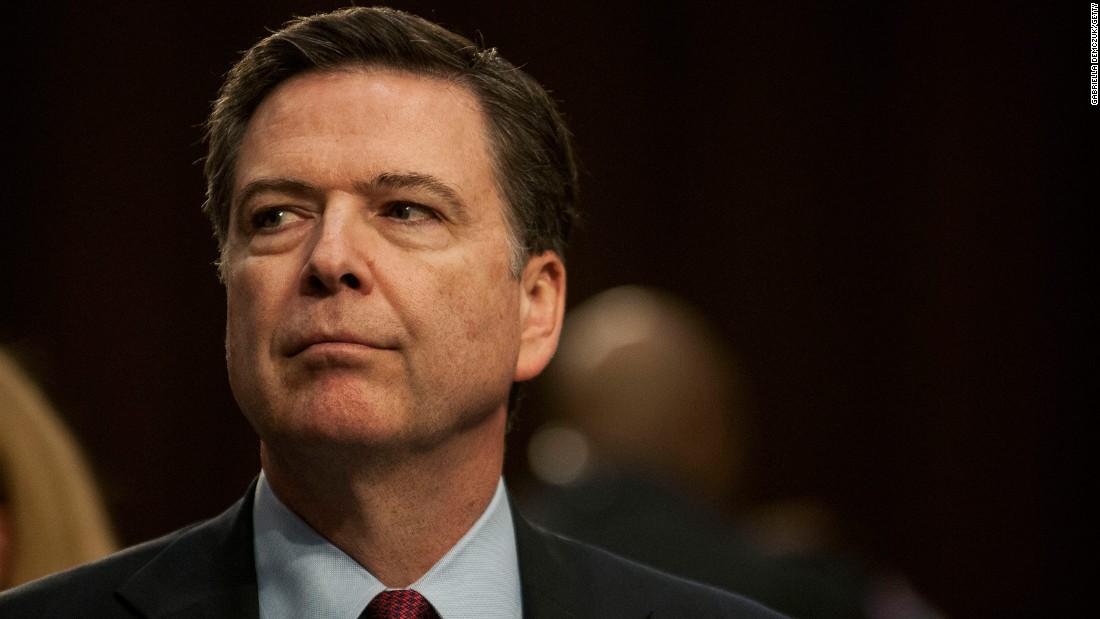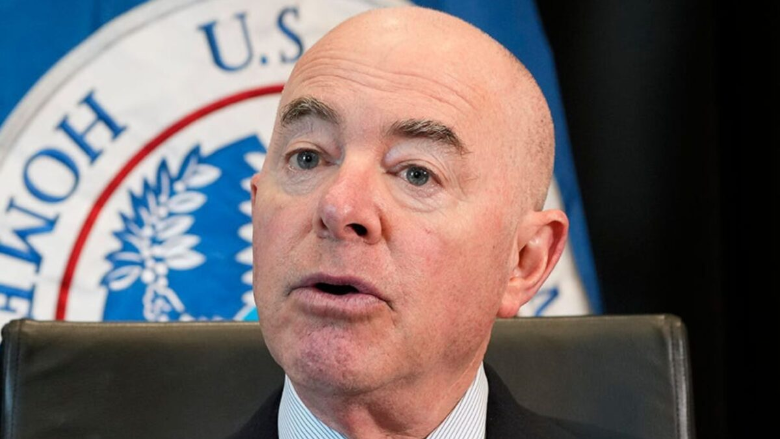An explosive revelation from an FBI whistleblower has sparked a firestorm, alleging that former FBI Director James Comey ordered a clandestine investigation targeting Donald Trump’s 2016 presidential campaign. The whistleblower’s account, now the focus of an inquiry by the House Judiciary Committee, claims Comey deployed undercover FBI agents in a covert operation designed to infiltrate the Trump campaign and gather intelligence under the radar.
According to the whistleblower, Comey not only greenlit this covert mission but also actively oversaw its progress. Allegedly, two female FBI agents were embedded within the Trump campaign as “honeypots”—a term in intelligence for operatives who use personal relationships to gather information.
These agents, the whistleblower claims, were instructed to get close to high-ranking Trump campaign officials, including George Papadopoulos, a foreign policy advisor whose interactions later became a central focus of the FBI’s Crossfire Hurricane investigation into Trump-Russia ties. However, this secret operation reportedly predated Crossfire Hurricane, raising questions about FBI motivations and oversight.
This covert operation is alleged to have been conducted without formal documentation, an unusual approach intended to prevent it from appearing in standard FBI records. The whistleblower claims this off-the-books method aimed to keep the operation concealed, not only from internal oversight but also from the Department of Justice Inspector General Michael Horowitz, who later conducted a review into FBI actions concerning the Trump campaign.
The whistleblower’s report indicates that the operation unraveled when a media outlet obtained a photograph of one of the undercover agents. To avert exposure, FBI officials allegedly intervened, issuing a misleading statement to the press that the individual in the photograph was a confidential informant at risk if identified, rather than an undercover agent involved in the Trump campaign probe. This intervention, if true, suggests the FBI actively worked to mislead the public to protect its covert operation.
To further minimize exposure, the FBI allegedly transferred one of the agents to the CIA, placing her outside FBI jurisdiction and effectively protecting her from interrogation. The second agent, according to the whistleblower, received a promotion within the FBI, which insulated her from further scrutiny regarding her involvement in the operation. This strategic reassignment and promotion, the whistleblower argues, was designed to shield those involved from accountability and keep the covert activities from coming to light.
The whistleblower also implicated other senior FBI officials, such as then-Deputy Director David Bowdich and Paul Abbate of the Washington field office, asserting that they were aware of the covert mission. When the operation was finally shut down, these officials were allegedly instructed to never discuss the operation again—not even with colleagues who had been involved—further underscoring the extent of the secrecy surrounding it.
The whistleblower’s claims have ignited significant controversy, with critics asserting that this kind of unchecked operation borders on an abuse of power. Observers note the operation’s alleged use of “honeypots” and undercover tactics as disturbing tactics for a domestic political campaign, practices that many associate more with espionage fiction than real-world democratic processes. The allegations have raised questions about the ethical boundaries of intelligence operations and the FBI’s integrity in handling politically sensitive investigations.
The House Judiciary Committee, led by Chair Jim Jordan (R-OH), has launched an inquiry into these explosive allegations, seeking clarity on the alleged involvement of Comey and other FBI officials. Jordan has expressed deep concern over the potential misuse of FBI authority, emphasizing the need for transparency in federal law enforcement. Jordan and committee members are likely to call upon the whistleblower to testify, and may issue subpoenas to obtain testimonies from other FBI officials potentially connected to the alleged operation.
The whistleblower’s account has stoked an ongoing debate over the possibility of political bias within the FBI and other federal agencies. Critics argue that if the whistleblower’s claims are substantiated, they reveal a stark example of federal law enforcement crossing into political territory, purportedly under the guise of national security. The allegations also raise concerns over the potential lack of oversight within intelligence agencies, particularly if high-ranking officials were able to authorize such an operation without documented records or accountability.
The potential consequences of this revelation could be far-reaching. If verified, these allegations not only cast doubt on Comey’s leadership but could also lead to questions regarding the FBI’s accountability mechanisms and its internal culture, particularly in the context of politically charged investigations. This could even prompt wider scrutiny of FBI practices and their impact on public trust in federal law enforcement institutions.
Whether the House Judiciary Committee’s investigation will substantiate the whistleblower’s claims remains uncertain. However, the inquiry promises to bring attention to the FBI’s inner workings and potentially expose practices that have so far gone unexamined. If the allegations are confirmed, the scandal could have significant ramifications for U.S. politics, adding to the ongoing debate around political impartiality within federal agencies and raising new questions about the boundaries of intelligence operations in democratic institutions.
This is absolutely wild. GOP messaging has to water down Democrats insanity because otherwise they just flat-out won't believe it. https://t.co/2V0xU1pXuf
— John Ekdahl (@JohnEkdahl) October 29, 2024


